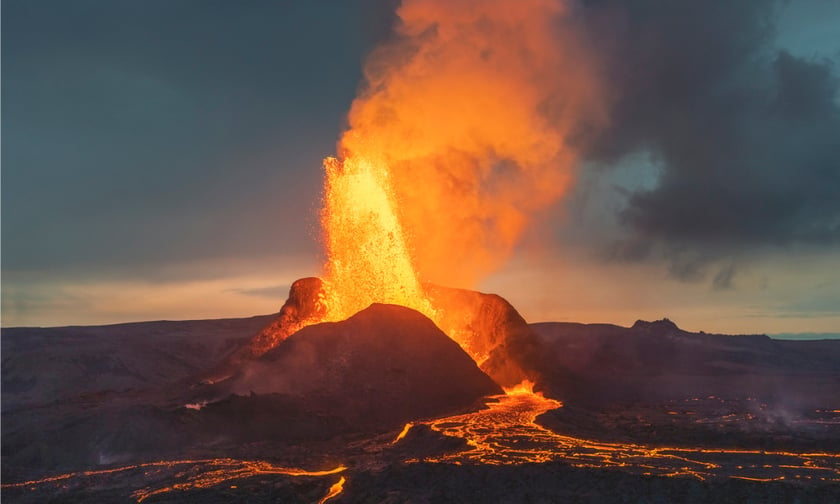

WTW has joined forces with the University of Geneva to quantify what the broking giant described as the “rare but catastrophic effects” of massive volcanic eruptions on climate, food security, and society – the goal being, to help clients in managing their risk exposure by having a better understanding of the impact on businesses following a major eruption.
“More than two centuries have passed since our planet was shaken by a truly large volcanic eruption,” WTW noted. “When Indonesia’s Mount Tambora erupted in April 1815, it ejected roughly 200 cubic kilometers of rock into the atmosphere and triggered a sudden global cooling that lasted more than a year. Known commonly as the ‘Year Without a Summer’, 1816 was plagued by climatic oddities caused by the eruption.
“In western Europe and the eastern United States, mid-summer frost and unseasonably cold weather led to reduced agricultural yields, crop failures, and sharp increases in the price of staple foods. Snow fell as far south as Taiwan, both the Indian and Southeast Asian monsoon rains were disrupted, and across Asia crops were damaged or destroyed by frost and flood.”
The brokerage lamented that volcanic eruptions, despite being a major natural factor affecting global climate, have largely been overlooked by experts in climate research and risk management. It was highlighted that typical disaster models used in the (re)insurance industry prioritize hurricanes, earthquakes, and floods.
In an emailed announcement, WTW said: “None of those perils match the potential of volcanoes to disrupt climate and society at a global scale. WTW and the University of Geneva are working together to quantify the risks of major eruptions over the next few decades and anticipate their effects on weather-related extremes, including frost, floods, and droughts.”
Scott St. George, the WTW Research Network’s head of weather and climate research, stated: “It’s understandable people worry most about risks that are familiar to them. But volcanoes have been the leading cause of global climate disruptions for most of human history.
“Through this collaboration, WTW will gain unprecedented insight into the worldwide consequences should a Tambora-scale eruption occur in our future. The fact that many of those risks may not be insurable doesn’t mean we shouldn’t quantify them.”
Adding to this, Markus Stoffel, Climate Change Impacts and Risks in the Anthropocene chair at the University of Geneva’s Faculty of Sciences, said: “Having worked extensively on the impacts of past tropical volcanic eruptions, it is surprising how little attention we pay to this disaster risk. Natural proxies – such as tree rings or corals – and historical accounts provide ample evidence for the catastrophic consequences that past eruptions have had on food security and societal stability.
“The collaboration with WTW is to better apprehend the likely consequences of volcanic risks and on how to fully recognize these overlooked risks in the insurance sector.”
What do you think about this story? Share your thoughts in the comments below.
